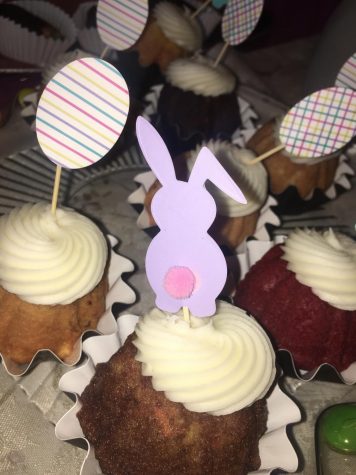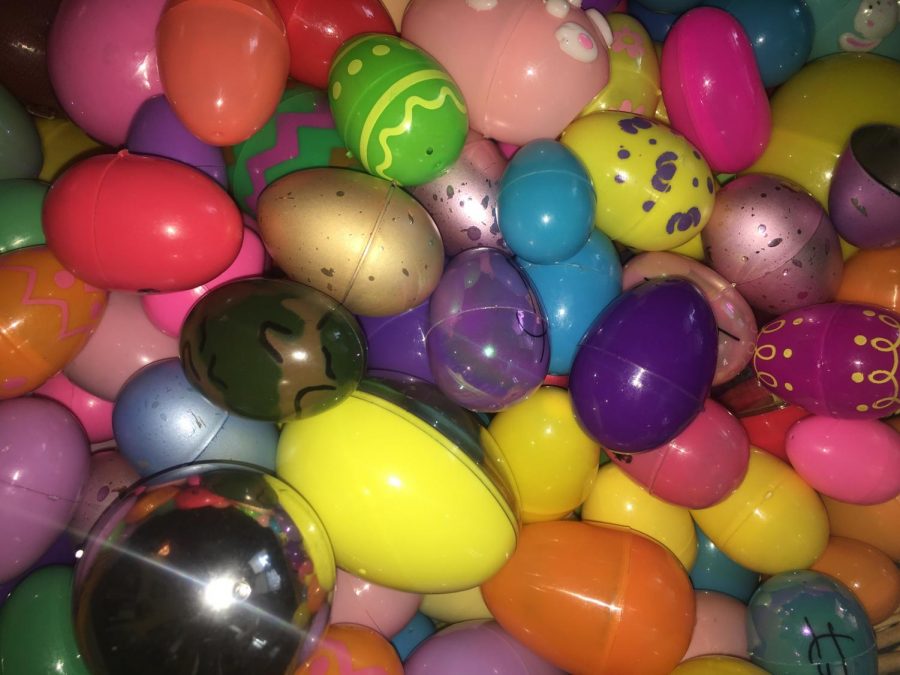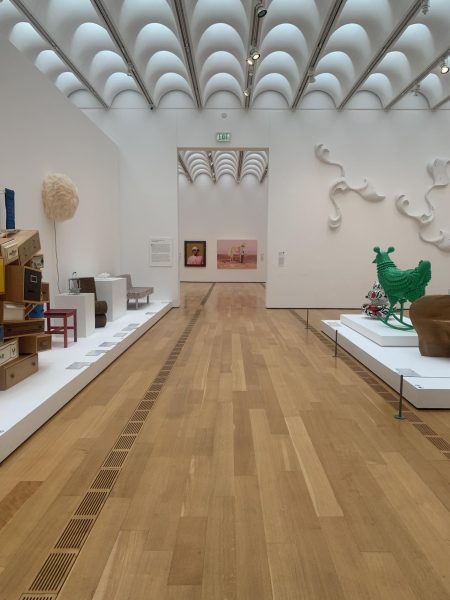Where does the Easter Bunny come from?
More stories from Lauren Pilkington
Ever wondered where the Easter bunny comes from? Well, the exact origin is unknown, however, according to https://www.history.com/topics/holidays/easter-symbols, “The exact origins of this mythical mammal are unclear, but rabbits, known to be prolific procreators, are an ancient symbol of fertility and new life.”
A recent post, origionating on Instagram and going viral on many other social media platforms, hinted that Ishtar, the ast Semitic Akkadian, Assyrian and Babylonian goddess, is the inspiration for Easter.
Bailey Hodgin, 11, said that she heard that the “Easter bunny is actually scary” because “it comes from the goddess, Ishtar.”
This has been proven as a myth though, because although many people have said that Ishtar, being the goddess of sex and fertility, inspired the symbol of the egg on Easter, her true symbols are actually a lion and the morning star, and it has been proven that she isn’t the original inspiration for the Easter holiday symbols.
 Lexi Price
Lexi Price
Some sources say that the Easter bunny “first arrived” in the US in the 1700s. This is because of the German tradition “Osterhase” that the immigrants brought over to America. The German tradition was a fable that told children of a rabbit who laid colorful eggs. Children then started to make nests for the creature to lay its eggs in; also leaving him carrots as a snack.
This eventually grew throughout the states, and with it the prizes in the nests grew as well. People started to put chocolate and other types of candy into the nests.
Eventually, there were no more nests and the tradition became decorated baskets that held the goodies. In 1901, Beatrix Potter wrote the classic “Peter Rabbit,” that then created the character “Peter Cottontail.” From this many other books and songs continued to spread and cross the tradition into Easter.


